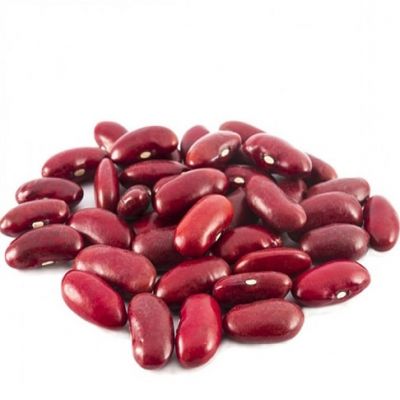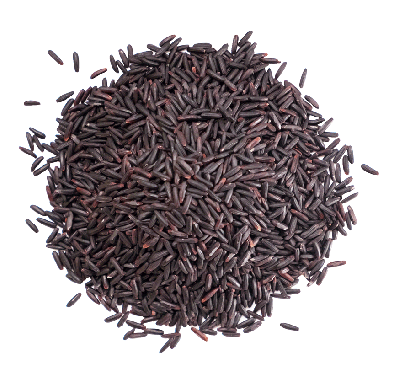X
NEWSLETTER



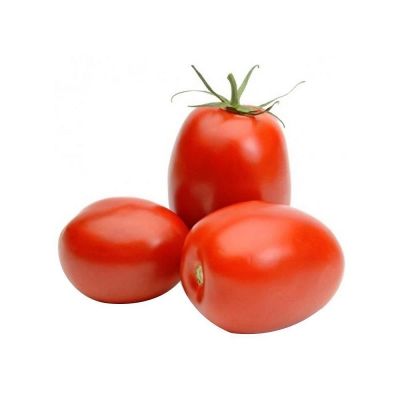
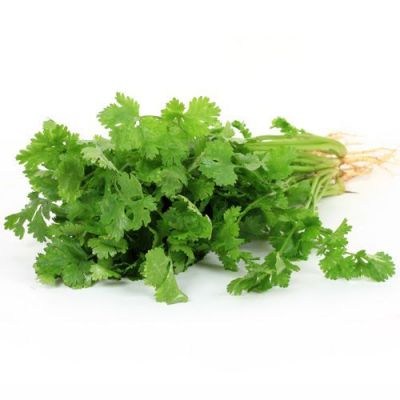


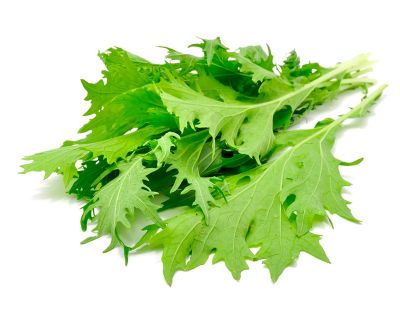
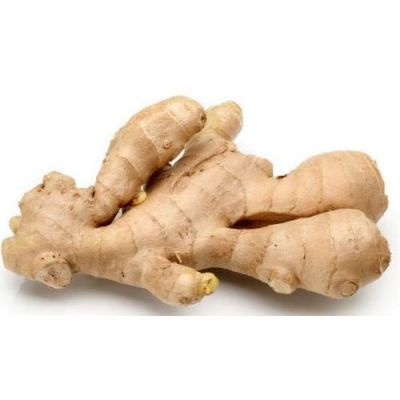
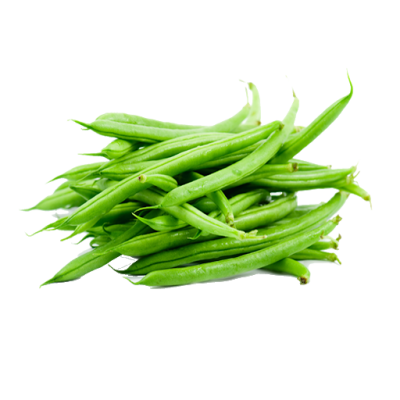
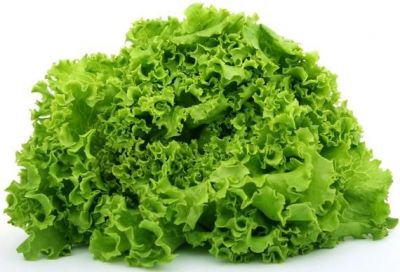
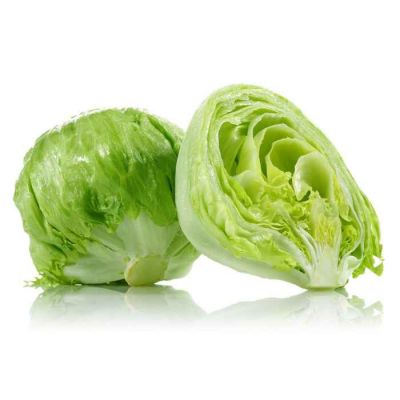
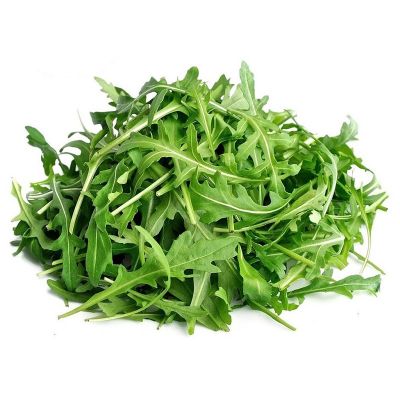
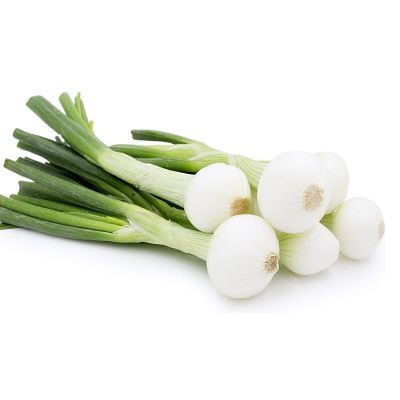
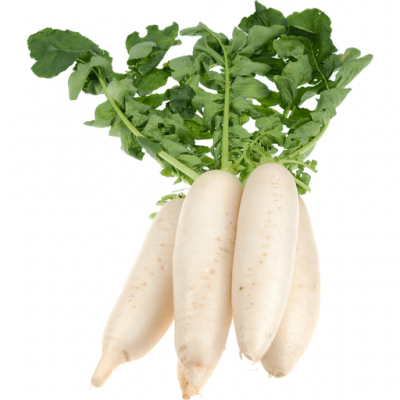
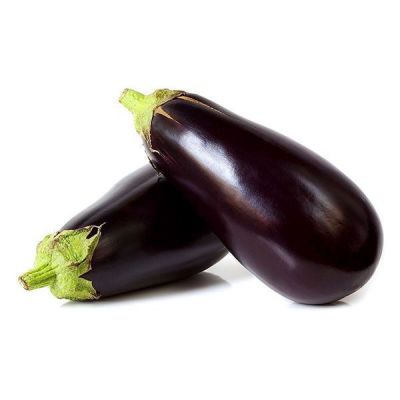
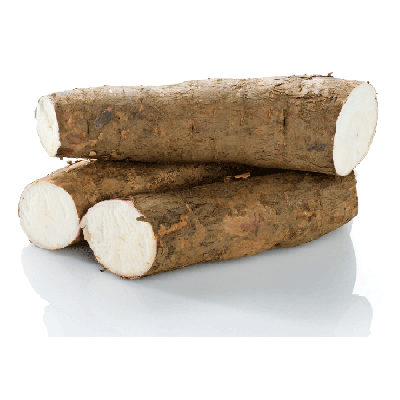
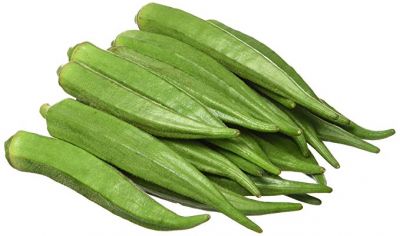
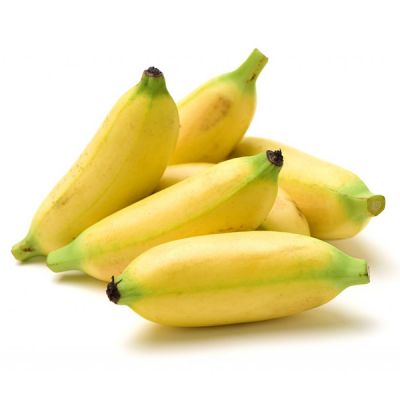
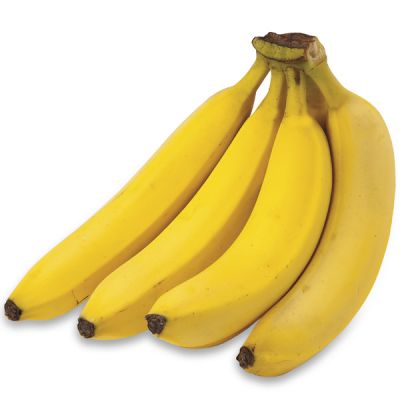
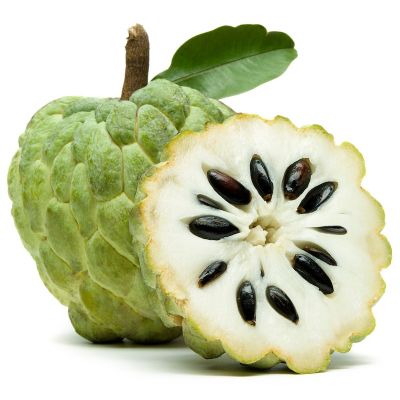
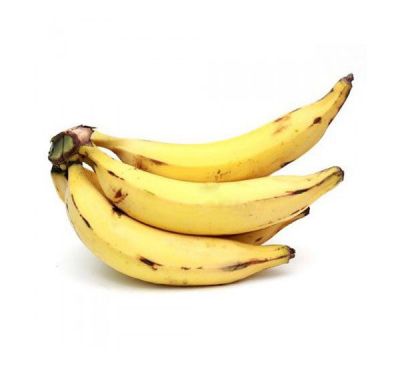


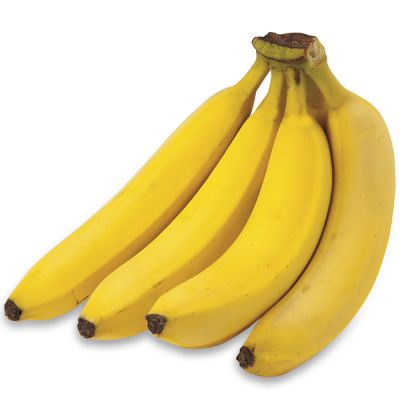
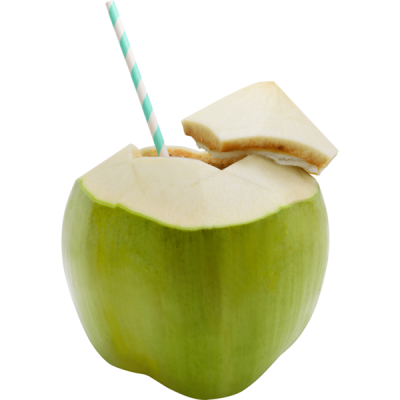
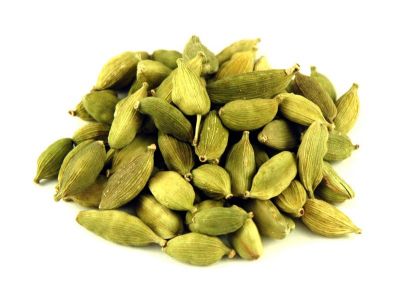

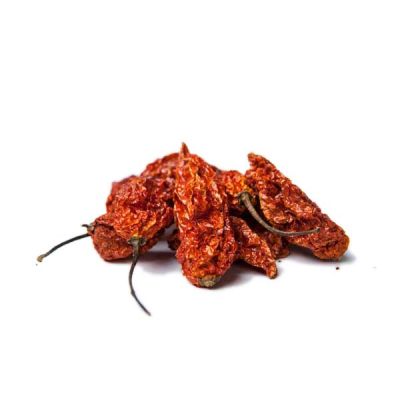
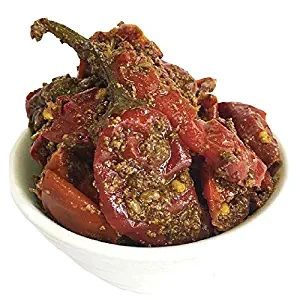
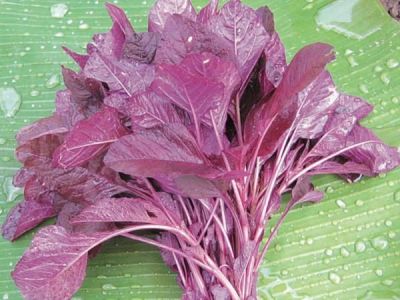
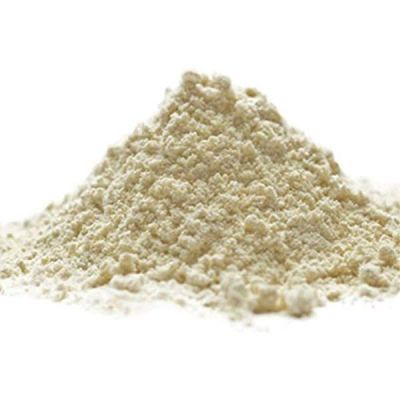
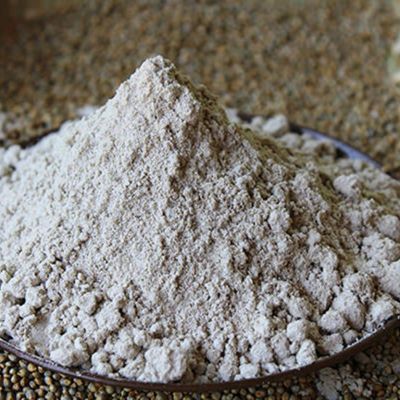
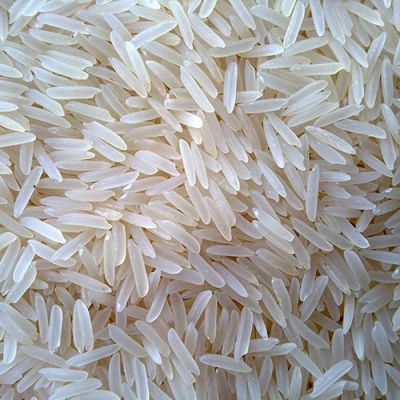
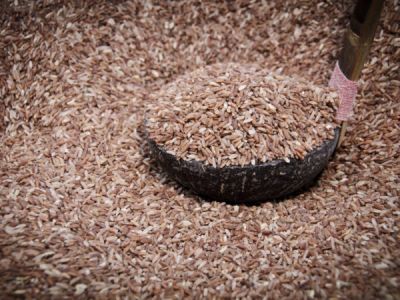
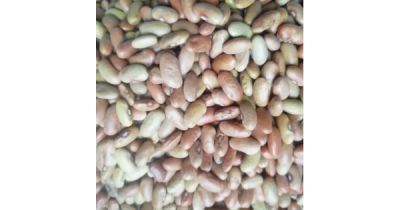
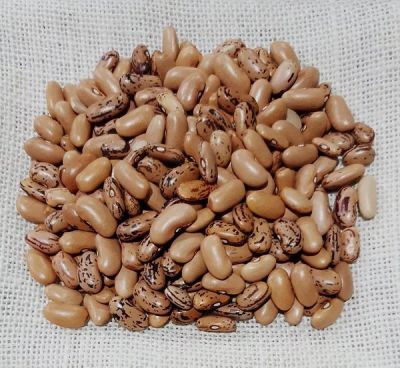
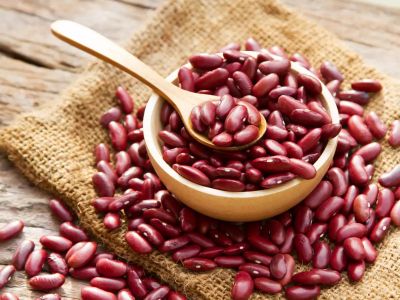
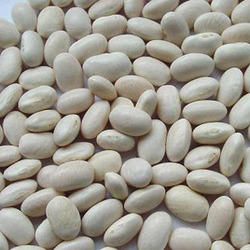
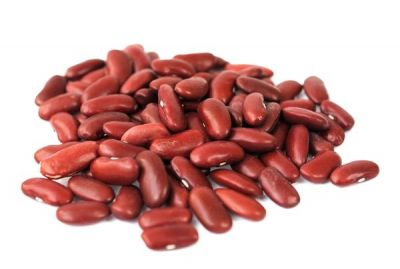
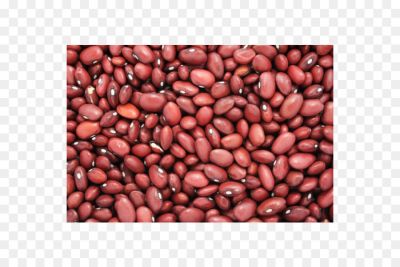

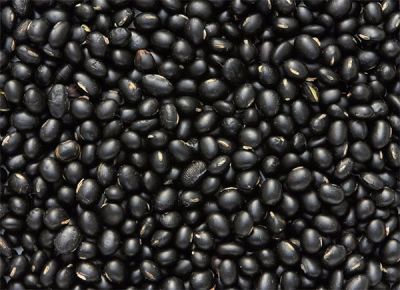
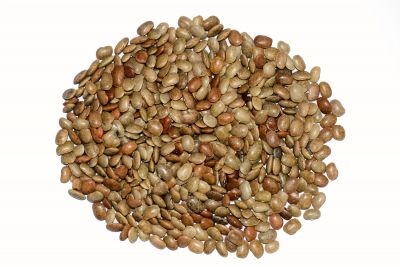
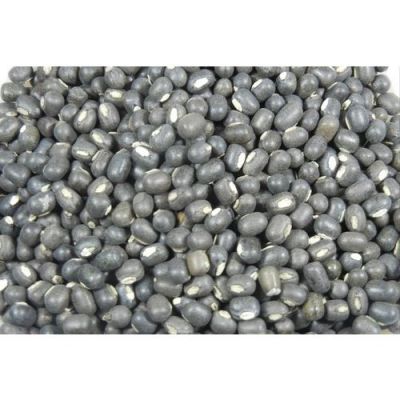
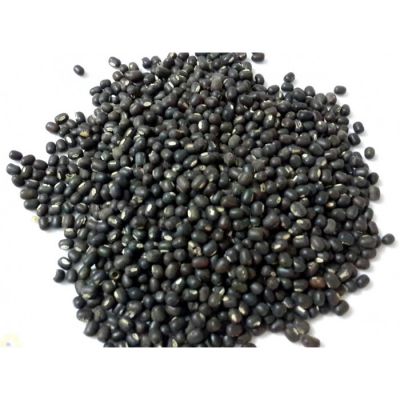
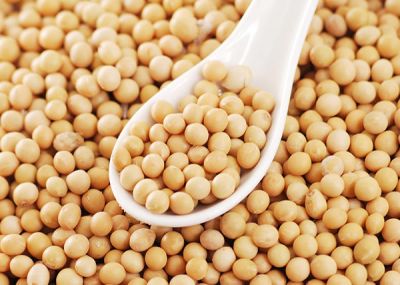
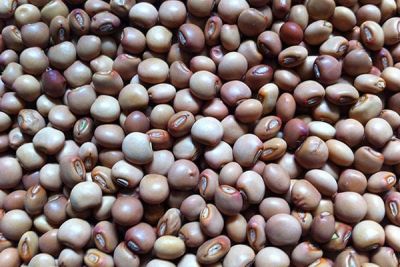

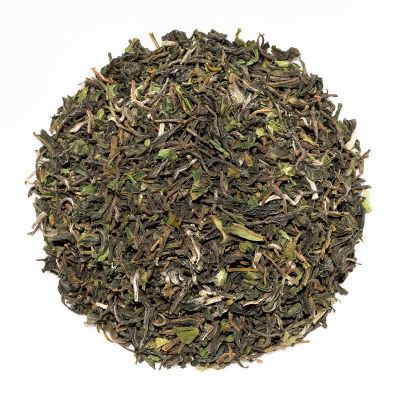
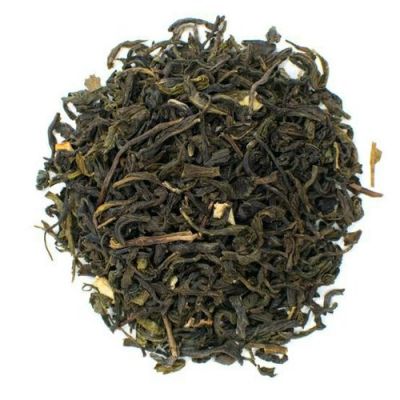
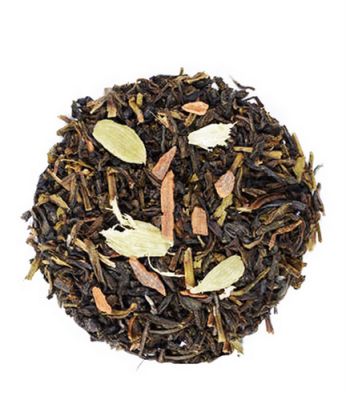
Before the advent of farming, early man had a variegated diet – eating plants, animals, berries, seeds. Then humans discovered agriculture. But only certain plants and animals could be farmed, and so humans came to rely on an agricultural monoculture.
Humans then set up barriers to protect their crops and worked to eradicate animal pests that ate them. As humanity progressed, this practice only grew. Man invented better and more powerful ways to protect his crops, creating various toxic compounds and genetic modifications to increase yields, and destroying many native habitats in the process.
The result is that modern agriculture has become one of the biggest threats there is to biodiversity. In the quest for greater yields, modern farming practices are simply aimed at eradicating anything that hinders us from achieving production.
But organic farming helps to enhance the variety of life in an ecosystem, increasing biodiversity. That is because it is based on t
Organic food. Most people hear that they are good for you but may not be sure exactly why. For those who don’t know about the advantages of eating organic, here are a few reasons why eating organic is such a good idea.
Many different studies have been made comparing the nutritional value of organic foods, such as grains, vegetables and fruits, with non-organic food, and these studies have shown that organic foods have greater amounts of nutrients than the non-organic.
The studies revealed that, on average, organic foods have 20 percent more iron, 30 percent more magnesium, 27 percent more vitamin C, and 14 percent more phosphorus than their non-organic counterparts.
The government has approved more than 600 different chemicals for use on farms in the United States. The amount of chemicals used works out to about 16 pounds per person ann
